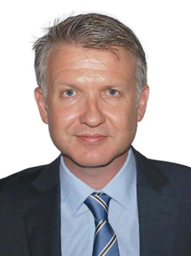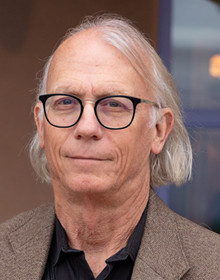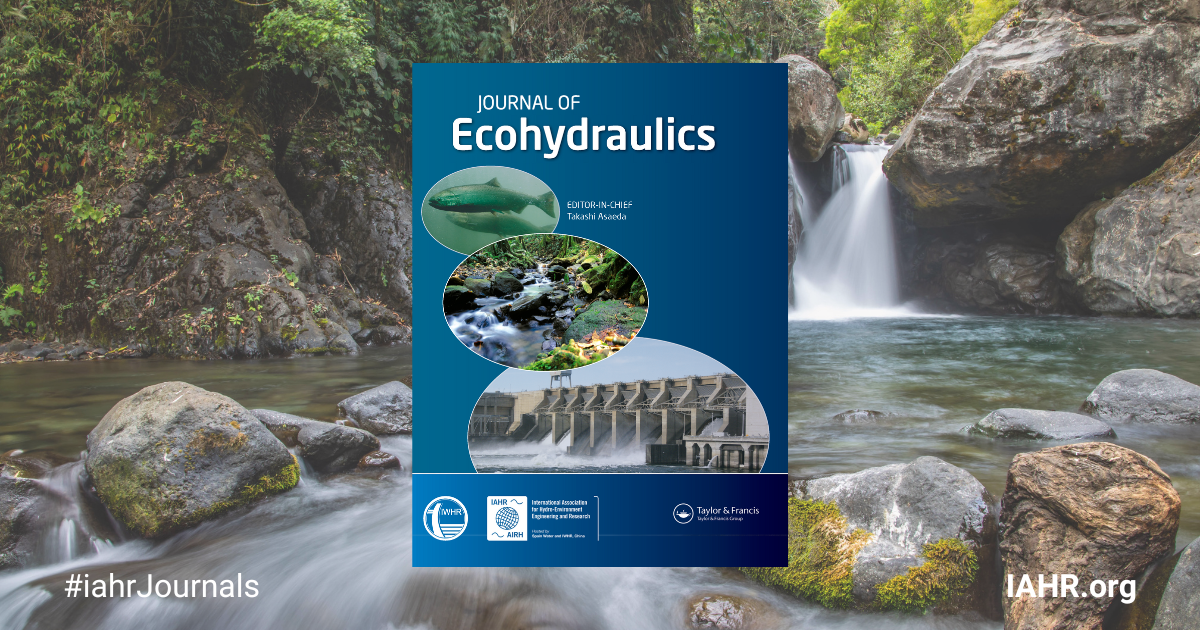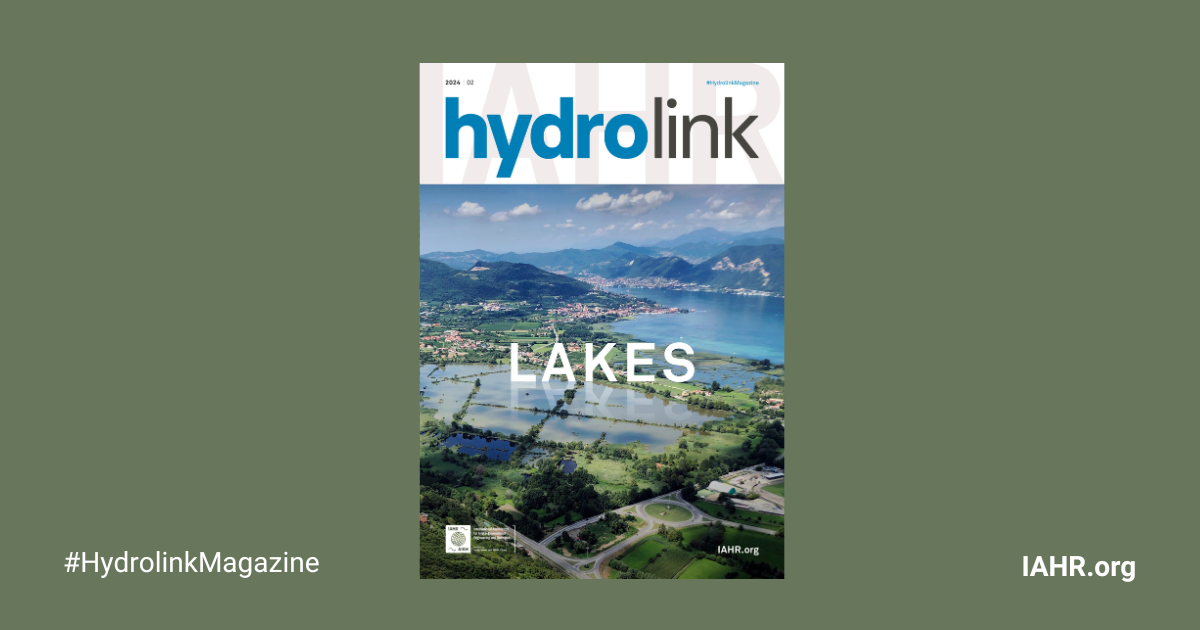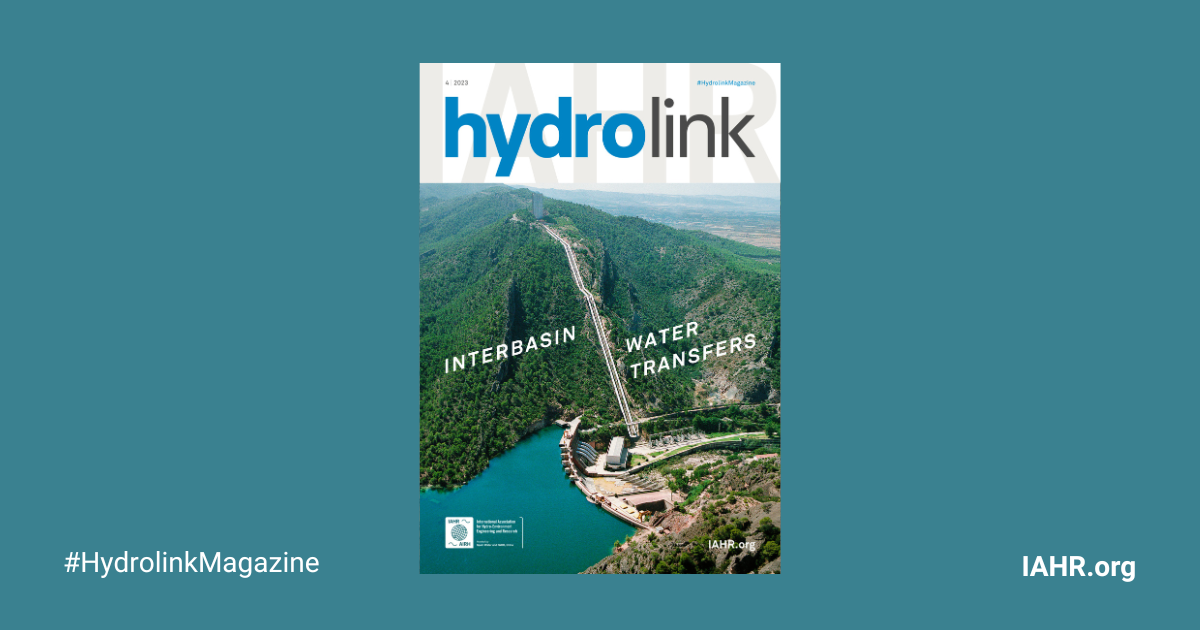Water for the Energy Transition, Food Security and Nature

Water engineering is at the heart of addressing the critical challenges of the global energy transition, food security, and ecosystem restoration. From enhancing renewable energy options to optimising water use in agriculture, the integration of innovative and sustainable practices is essential for achieving these goals.
Advancing Renewable Energy through Water Engineering
Countries worldwide are shifting their energy dependencies, with water playing a pivotal role in renewable energy solutions. Global hydropower capacity is projected to increase by 17% by the end of this decade, highlighting the importance of this resource. At the same time, thousands of ageing dams present challenges that require rejuvenation, maintenance, or removal. Research into hydrogen economies, water-related renewables, and advanced hydraulic technologies is vital to improving grid stability and integrating complementary renewable sources into the energy mix.
Addressing Food Security with Sustainable Water Solutions
A projected 50% increase in global food demand over the next two decades underscores the need for efficient water use in agriculture, the largest consumer of water resources. Technical innovations are critical to:
Optimising agricultural productivity
Enhancing water use efficiency
Protecting vital water supplies
Fundamental processes such as irrigation, drainage, and pollution control can benefit significantly from improved water storage, controlled flows, and digital technologies. These advancements enable better allocation, precise decision-making, and timely forecasting.
Protecting Nature through Hydro-Environment Engineering
The restoration of ecosystems and the protection of biodiversity are integral to hydro-environment engineering. By combining green and grey solutions, nations can address water security challenges while maintaining healthy ecosystems. Key areas of focus include:
Nature-based solutions
Ecosystem restoration, including rivers, wetlands, aquifers, and coasts
Improved understanding of biotic-abiotic interactions within water systems
Leveraging ecosystem services alongside engineered structures ensures that solutions remain sustainable and effective.
A Holistic Approach to the Water-Energy-Food-Environment Nexus
The Water-Energy-Food-Environment nexus represents a complex interplay of systems that span the entire water cycle. Future solutions must be holistic and multipurpose, addressing interconnected challenges with innovative, sustainable, and adaptable strategies.
Hydrolink Magazine 4, 2025 on Adaptive Water Risk Management
This issue of Hydrolink focuses on adaptive management of water-related risks and pro-active mitigation in the context of climate change and its impact on the water cycle, with increasingly more extreme weather events, such as floods and droughts. It explores how different countries approach the challenge of leveraging data, academic research and advances in engineering practice to inform policy and decision making for adaptation and mitigation. Download here.
High Level Panel on Water Engineering for Energy Transition and Food Security in the 41st IAHR World Congress: Empowering a Just and Inclusive Energy Transition - The Strategic Role of Hydropower
Hydropower stands out as a renewable, low-carbon energy source, playing an important role in driving a just and inclusive energy transition. Not only does it significantly reduce greenhouse gas emissions and help mitigate climate change, but its operational flexibility is essential for balancing the intermittency of other renewables such as solar and wind, ensuring a stable and resilient grid. In this High Level Panel, high-level panel, industry leaders from major power companies, pioneers in sustainability initiatives, and renowned experts came together to explore how hydropower could serve as a catalyst for an energy transition that was both environmentally responsible and socially just. Through a dynamic exchange of experiences and perspectives, participants gained comprehensive insights into the pathways toward a cleaner, safer, and more inclusive energy future. For more detailed programme, visit here.
Upcoming
16th International Symposium on Ecohydraulics in Lausanne, Switzerland
Thirty-two years after its first edition in Trondheim, the International Symposium on Ecohydraulics (ISE) will, for the first time, be held in Switzerland—Europe’s “water tower.” ISE 2026 will take place at the École Polytechnique Fédérale de Lausanne (EPFL), hosted by the Swisstech Convention Center on the EPFL campus.
Hydrolink Magazine 1, 2025 on Nature Based Solutions
This edition of Hydrolink brings to you a taste of different Nature based Solutions employed for water management from around the world, ranging from examples in upstream catchments and streams, large rivers, urban areas, and coastal zones. It is written by members of the IAHR NbS Working Group which was established at the 39th IAHR Congress in Granada (Spain) in 2022 which is rapidly growing and gaining momentum, with presence not only during the World Congresses, but also in other IAHR conferences such as the RiverFlow 2024 conference in Liverpool and the ISEH 2024 in Aberdeen. Download here.
Hydrolink Magazine 2, 2025 on Pumped Storage
Pumped storage hydropower has grown rapidly over the last fifty years, first to store energy produced by thermal and nuclear stations during off-peak hours when demand is low, and since the turn of the century to deal with the intermittency of wind and solar power generation. By 2023 the global installed capacity of pumped storage projects had reached 179 GW, 28.4% of which was in China, 15.3% in Japan and 12.4% in the United States. The International Hydropower Association (IHA) estimates that pumped storage accounts for over 94% of the world’s long duration energy storage capacity. Despite progress in the development of battery technology for large-scale energy storage and research in alternatives to lithium-ion batteries, such as sodium-ion batteries, flow batteries, and solid-state batteries, it is unlikely that any of these technologies will be cost-competitive with pump storage hydro in the near future. Download here.
Upcoming publication of the IAHR White Paper on the Future Directions of Ecohydraulics
A Framework for Meeting the Challenges of Managing Aquatic Resources in a Complex Changing World. For more info, contact Michele Mossa.
World Health Day 2025: Addressing the Intersection of Water, Sanitation, and Food Security for Health and Well-Being
IAHR experts discuss the urgent need for sustainable water management on World Health Day 2025. Read the interview.
The following members are leading the thematic priority area on Water for the Energy Transition, Food Security and Nature:
University of Maryland Center for Environmental Science
United States
Lance Gore
Asia Development Bank
Philippines
Woolpert Engineering
United States
Discover a wealth of knowledge through the IAHR Resource Guide on Global Water Security and the IAHR Resource Guide on Ecohydraulics. Gain access to thousands of videos, publications, and related documents that support research, innovation, and solutions in Water for the Energy Transition, Food Security and Nature.
Explore these resources and stay informed on the latest developments in hydro-environmental sciences by visiting the guide.
IAHR unites over 5,000 experts globally in hydro-environmental sciences and their practical applications. With more than 20 technical committees, working groups, regional divisions, national chapters, and partnerships with leading water institutions, IAHR is at the forefront of advancing climate change adaption and mitigation.
Join Our Communities
IAHR welcomes both individual members and organisations to contribute. Explore the Directory of IAHR Experts and connect with our vibrant Technical Communities. Explore our Committe in Ecohydraulics.
Collaborate: Join existing initiatives or propose new ones. IAHR offers a truly global platform to exchange, inform and work together.
Reach out to theme leaders or our theme coordinator, Elsa Incio at: elsa.incio@iahr.org to discuss!
Together, we can drive innovation and solutions for pressing hydro-environmental challenges. Your expertirse and ideas are essential to our mission.
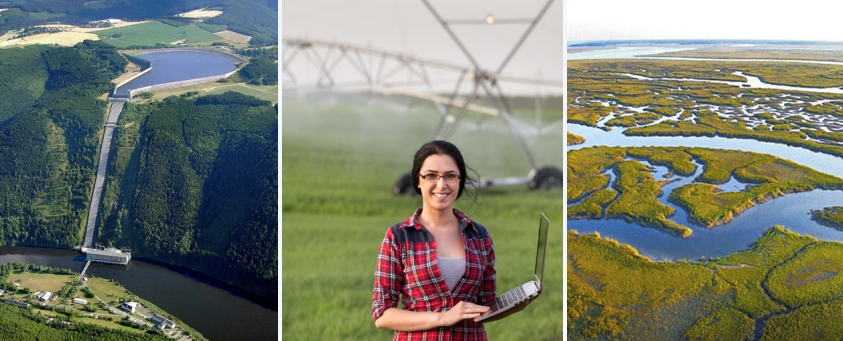
Articles on Water Resources
Four articles on Deep Lakes
Articles on Interbasin Management
Explore other Thematic Priority Areas:

